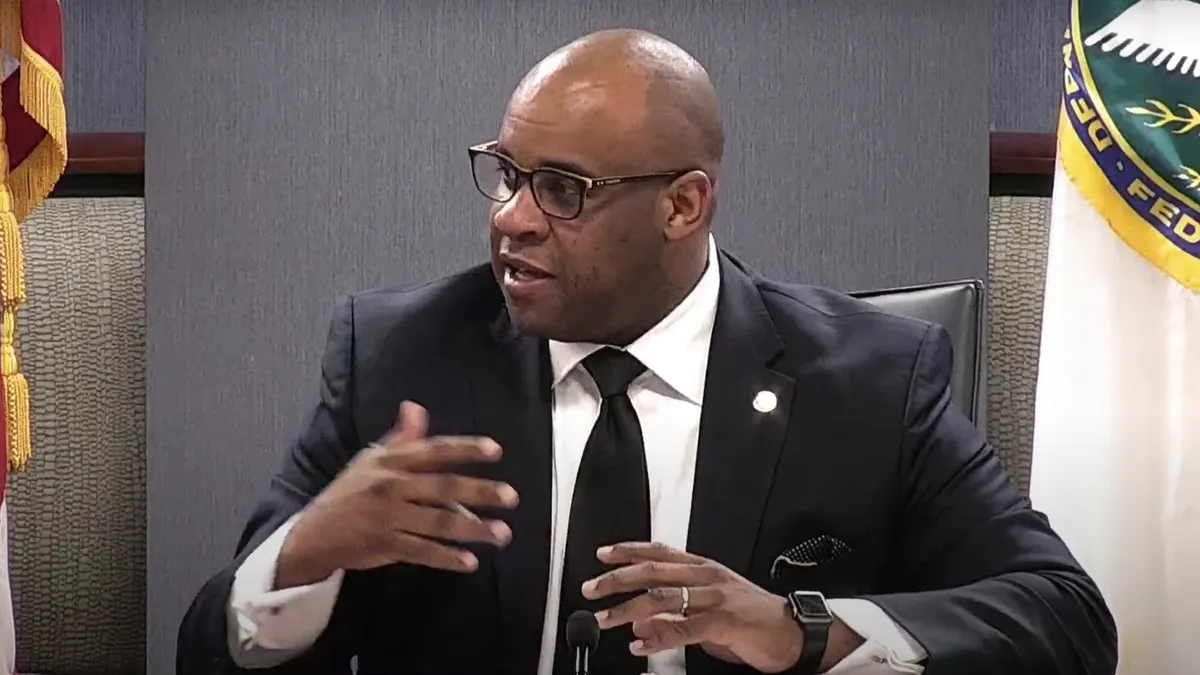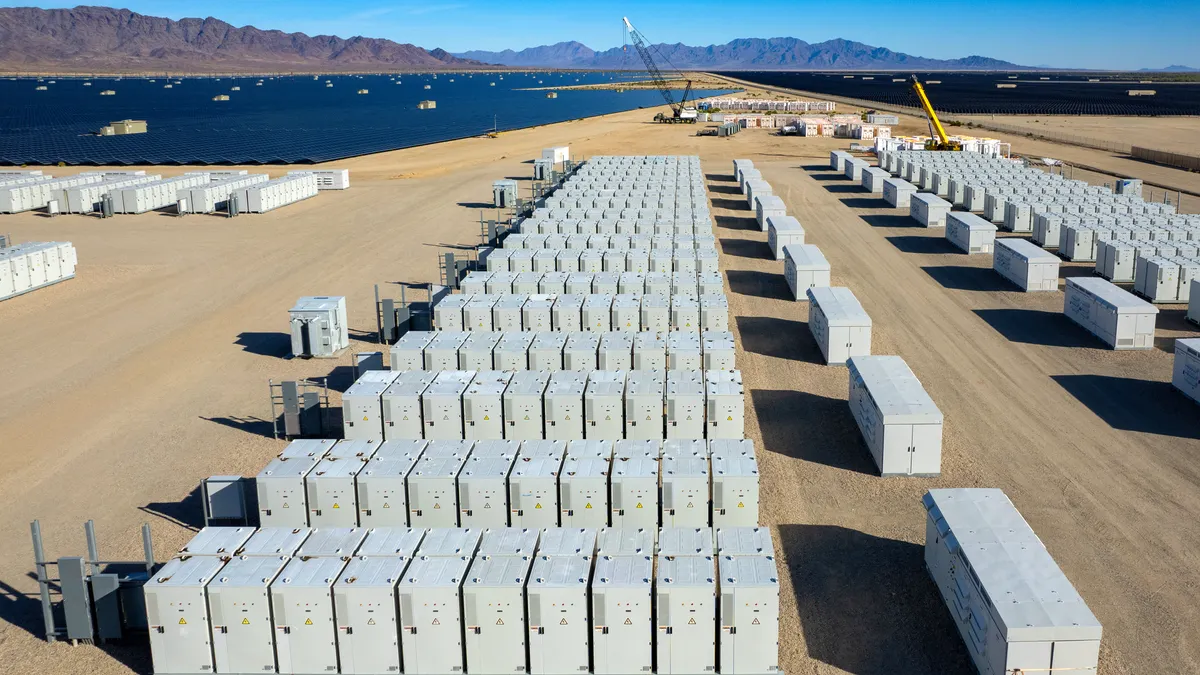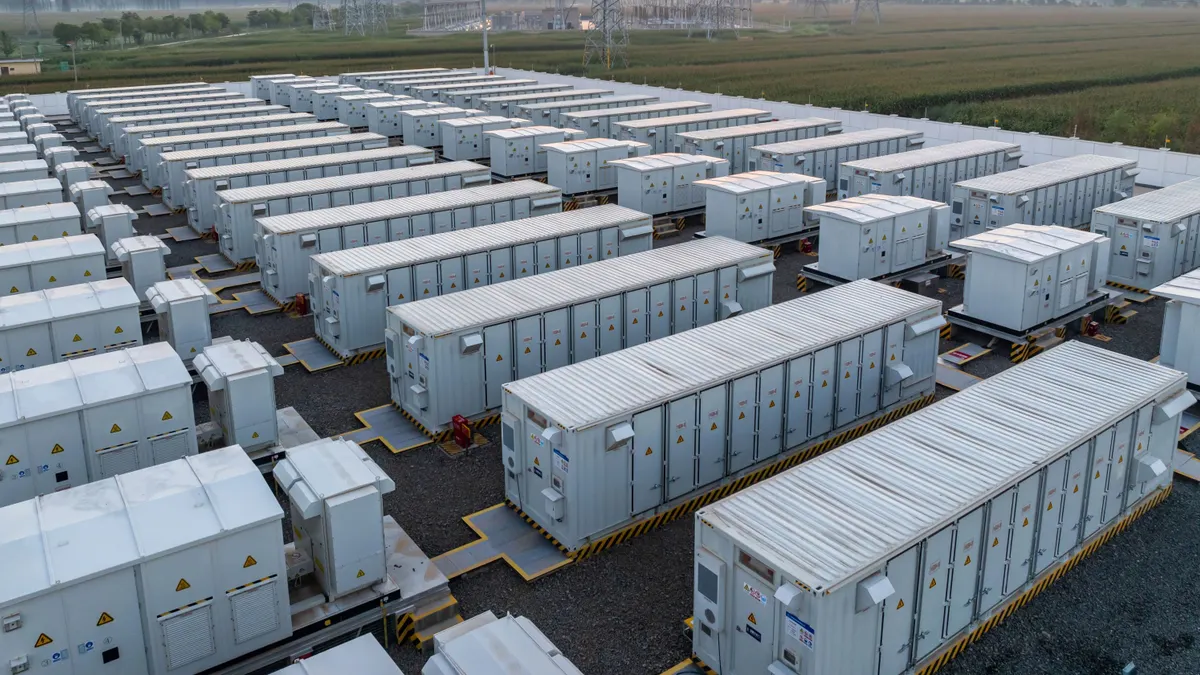Grid reliability, transmission expansion, environmental justice and equity are top priorities for Willie Phillips, the newly named Federal Energy Regulatory Commission acting chairman said Thursday during the agency’s open meeting.
President Joe Biden selected Phillips as acting chairman earlier this month when former Chairman Richard Glick’s tenure ended after Sen. Joe Manchin, D-W.Va., declined to hold a nomination hearing for his second term. FERC, a five-member agency, now has four sitting commissioners, potentially leaving them evenly split on some issues.
“Reliability remains job number one,” including protecting the grid from cyber and physical attacks and preparing for extreme weather, Phillips said.
The United States is at a critical point in the energy transition, according to Phillips. “We need to incentivize smart investments in transmission to accommodate new generation, while also ensuring grid reliability and reducing costs for consumers,” he said.
Phillips said he plans to work with his colleagues to continue the momentum the agency built over the past year on proposals for interconnection transmission planning, transmission cost management and expanding interregional transfer capability.
“I'm working with my colleagues as speedily as I can to come together on a consensus to deliver on the momentum that we built in the last year,” Phillips said during a media briefing. “I believe we have a very good chance to make progress.”
Phillips named Karin Herzfeld as senior transmission counsel to help advance the agency’s transmission reform proposals.
Phillips also aims to make sure that historically disadvantaged communities, landowners and tribal communities can be heard at the agency “in a meaningful way, every step of the way.”
FERC will hold a roundtable on environmental justice and equity on March 29, Phillips said.
The roundtable will help advance FERC’s Equity Action Plan, issued last year, according to Phillips.
“Growing up in rural Alabama, I know first-hand the effect that government can have on communities,” he said. “It is important that we consider the voices of historically disadvantaged communities in our decisions.”
Some of those decisions have involved natural gas pipelines and related infrastructure. Last year, with Phillips’ support, FERC issued, on a 3-2 vote, and then put on hold, revised policies for how it reviews gas infrastructure proposals.
FERC needs to move forward with a gas review policy that has stakeholder support and that is legally sound, according to Phillips.
“I am focused on working with my colleagues to build consensus to try to move the issue forward,” Phillips said.
Being down a commissioner generally won’t affect FERC’s agenda, according to Phillips. “The commission will not sit on our hands on any important matters that need to move forward,” Phillips said. “We're going to move things forward in an orderly way.”
Phillips said he puts a priority on consensus building, in part by talking regularly with his colleagues to develop “pathways” to getting things done.
“Not just what I want, but I think it's helpful to understand the motives and what drives everyone that you work with so that you can come together and come to a decision that everybody can support,” he said.
Since Phillips joined FERC in December 2021, he hasn’t dissented from a decision.
“When I believe something's important to me, I work hard to meet my colleagues where they are and get it in the majority,” he said. “I think that's possible because I've done it and I have no doubt that we can do it again.”
Clements outlines principles for agency action
During the meeting, FERC Commissioner Allison Clements said the circumstances surrounding the end of Glick’s tenure indicate the agency is no longer “out of the broader political limelight.”
The vast majority of FERC decisions are unanimous, but “on the very hard orders, the decisions about how we will approach important changes to a regulatory framework that is outdated and undermatched for the challenges at hand, we have a less winning record on consensus,” she said.
With the grid facing threats from physical and cyber attacks and extreme weather, “never has the need to figure out how to make progress together been more critical,” Clements said.
In an effort to support a reliable and affordable energy transition, Clements urged her colleagues to renew their commitment to technology neutrality.
“The Federal Power Act was designed to endure in ever-evolving circumstances — to require affordability, and more recently reliability — no matter the resources dominating the electricity mix,” she said. “This requires a willingness to adapt system planning and market rules to a new set of resource characteristics and evolving system needs.”
Clements also called for data-driven decision-making. “Only when we are willing to look at good data and credible studies, no matter the author, can we address reliability and cost issues in concrete terms,” she said. “Only when we address reliability and cost issues in concrete terms can we decide whether and how much change is needed.”
FERC and NERC staff must undertake their inquiry into grid operations during Winter Storm Elliott with those principles in mind, she said.
In addition, FERC commissioners should “commit to prioritizing the ‘public’ in public interest,” partly by increasing access to the agency, Clements said.
“It means fairly considering good arguments no matter which stripe the stakeholder who makes them wears,” Clements said. “And it means being open to the idea of making changes requested by stakeholders, small and large, because they make our decisions better.”






















